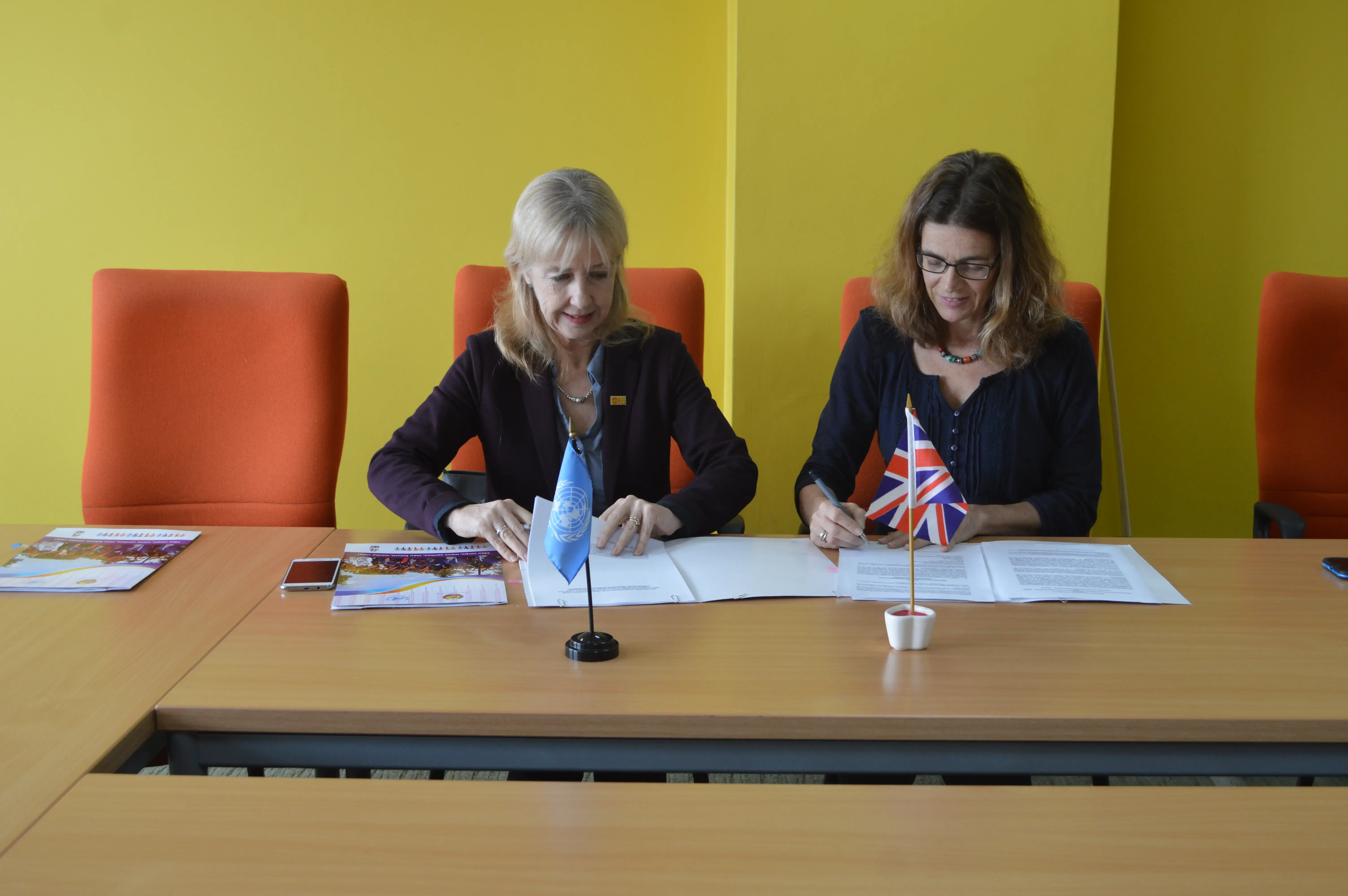It has taken hundreds of thousands of years for the world's population to grow to 1 billion, yet in just another 200 years it has grown sevenfold. In 2023, the world's population has reached 8 billion.
This dramatic growth has been driven largely by the increase in the number of people surviving to reproductive age and has been accompanied by major changes in fertility rates, growing urbanisation, and accelerated migration. These trends will have far-reaching implications for generations to come.
UNFPA supports the identification and understanding of these trends, which are fundamental to development. UNFPA is one of the world's largest funders of population data collection. In general, UNFPA advocates to governments around the world that the best way to ensure sustainable development is to promote a world where every pregnancy is wanted, every birth is safe, and the potential of every young person is realised.
In Mozambique, in an integrated way, UNFPA advocates for and about:
Data and Policies
Strengthen capacity for the formulation and implementation of rights-based policies (at global, regional, and national levels) that integrate evidence on population dynamics, sexual and reproductive health, HIV, and their relationship with sustainable development.
Data Production and Dissemination
Strengthen national capacity for the production and dissemination of quality disaggregated data on population and development issues, enabling the mapping of demographic disparities and socio-economic inequalities, as well as for programming in humanitarian situations.
Analysis of Population
Data Increase the availability of evidence through in-depth analysis of population dynamics, sexual and reproductive health, HIV, and its relationship with poverty eradication and sustainable development.




